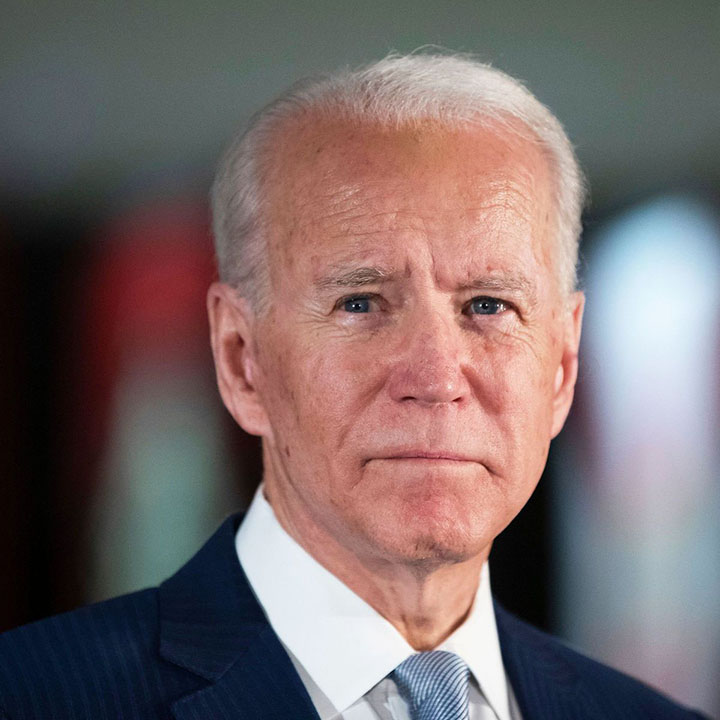
With the Trump administration now noisily passing into history, U.S. oil companies appear to waste no time in trying to persuade the administration of the country’s new President, Joe Biden, to introduce the overwhelming sanctions that have imposed strict restrictions on oil exports Venezuela and devastating the entire sector to a point where repair could take a time period that is difficult to determine.
Last week Bloomberg news service reported that US companies Chevron Corp. and Reliance Industries Ltd., had already begun beating a path to the U.S. State Department in an effort to ensure that at least some of the restrictions imposed by the previous administration in back. on Venezuela’s oil industry.
The move by U.S. oil companies to regain normality in their relationship with Venezuela’s oil sector has been so rapid, according to a Bloomberg report, representatives of both companies were penalized for meeting State Department officials as early as last week . for negotiations that both companies hope will at least restore transactions called oil exchanges that would allow companies to receive Venezuelan crude in exchange for supplying diesel to the country.

While such a move, assuming it secures the ‘green light’ of the Biden administration, will represent a tilting of what Caracas considers ‘bad old days’, it will still be a far cry from the slaves of the Trump administration who had imposed and almost completely banned shipping vessels moving Venezuelan oil to foreign markets. The sanctions imposed by Washington managed to intimidate shippers to the point where servicing the Chinese raw market primarily through clandestine arrangements that included, among other things, changing oil cargo on the high seas, was the only option that opened the Caracas. As the situation worsened even as Venezuela was able to guarantee gasoline supplies for its own domestic market, Iran was the only country that seemed ready to challenge the US embargo. In early 2019 Trump’s efforts to dismantle the Maduro administration from office by depriving his administration of oil revenues had stretched to a point where he had long ordered US oil companies to withdraw from Venezuela, leaving Chevron as the ‘ last man standing there The fact that the company is now at the forefront of seeking accommodation with the Biden administration could at least remove some of the restrictions suggests that it is eyeing its June 2021 deadline that still exist for withdrawal from Venezuela.
The move to engage with the State Department, Bloomberg says, suggests that Chevron is now trying to “build goodwill and remind officials of its commitment to stay in Venezuela.”
While Washington had no significant authority to prohibit international oil and shipping companies from buying and transporting Venezuelan oil, it can, as it has been doing, use its economic leverage to squeeze what it considers to be fraudulent shippers “By prohibiting them from doing business with America. companies if they ignore penalties, ”said Bloomberg.
The issue of their oil interests in Venezuela is so urgent, as has the request from Reliance and Chevron to meet with the US State Department although some key decision makers in the State Department remain to be confirmed by the State Department. , Says Bloomberg. Bloomberg also quoted Chevron’s statement as saying that the company remained “committed to the integrity of our joint venture assets, the safety and welfare of our employees and their families, and the company’s social and humanitarian programs at all times challenging this. ”
Putting the squeeze on its oil exports, Bloomberg says the Venezuelan oil sector has been squeezed by the Trump administration to the point where it is now “barely able to produce its own refined products due to widespread mechanical failures in refineries. ” Diesel, whose production has been compromised by Venezuela’s current restrictions, is used in power generation, public transportation, agriculture, and for the supply of food and medicine.